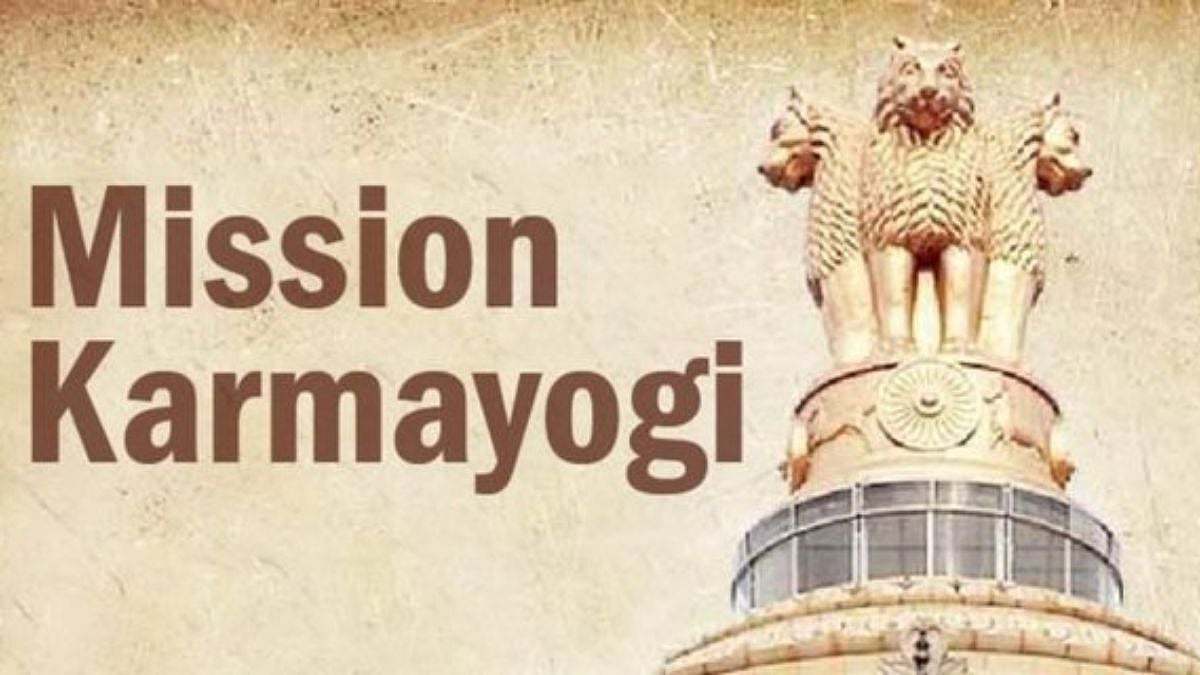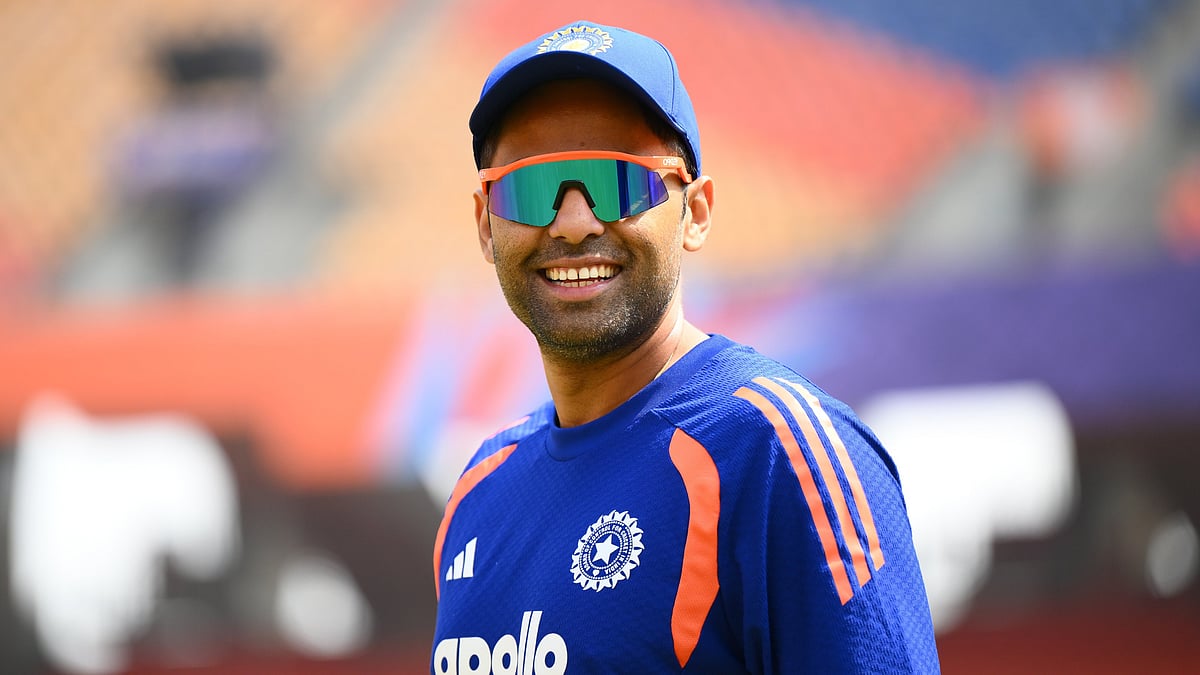A groundbreaking moment in this year's Ganeshotsav was marked by the vibrant and powerful performance of a transgender dhol-tasha pathak (troupe). Breaking barriers and redefining traditional gender roles, this group of skilled musicians took centre stage, enthralling devotees with their rhythm and energy.
Named Shikhandi, the 25-member group made its debut as Maharashtra’s first transgender dhol-tasha pathak at India’s first public Ganpati mandal, Shrimant Bhausaheb Rangari Ganesh Mandal, in Pune. The dhol tasha pathak was founded under the guidance of social activist Kadambari Shaikh and mentored by Manasvi Goilkar, Pravin Sonawane, Pritesh Kamble, and Mannat.
The group got its name from the mythological character Shikhandi from Mahabharata. The group overcame challenges such as funding and physical limitations. They also faced challenges to get an opportunity to perform. They trained diligently, mastering the beats of the dhol and the rhythm of the tasha like any other troupe. Every member of the group worked relentlessly, practised under the hot sun, and poured their hearts into the art form that pulses through the streets of Pune during Ganeshotsav. Their hard work bore fruit as two prominent Ganesh mandals decided it was time to break tradition in the best way possible — by expanding it. Bhausahab Rangari and Guruji Talim reached out to the troupe, offering them to be part of the celebrations. For the first time in history, they weren’t just watching the festival unfold, they were a part of it.
The transgender performers, dressed in vibrant traditional attire, stood tall, their faces glowing with a mixture of nerves and pride. Their drums were ready, their spirits high. When the first beat rang out, a hush fell over the crowd. Then, as the rhythm picked up, the streets erupted into applause and cheers. The music was flawless, the energy electric. For the performers, this was more than just a chance to showcase their talent. It was a moment of validation, of being seen and accepted in a festival that represents devotion, history, and community.
Manasvi Goilkar, one of the team members said, “We wanted to start this last year. However, we couldn’t because the people from our community were not confident to come out and perform in public. They feared rejection. Sensitising them was a big part of starting this group.”
Adding further she expressed, “We talk about inclusion, equality, and the right to live. But, we have to make people of our own community understand that they can do more than dancing, begging, and blessing families on auspicious occasions. Our main aim is to elevate the community’s pride, where, for some, it serves as an income source, while for others, it’s about asserting their identity.”
Despite initial challenges, the group has gained considerable support, with people appreciating their efforts and struggles. This has given them hope.
“The group began training in late July under Atul Bhere with the Nadbrahma Dhol Tasha Pathak. Within eight days of practice, they were asked to perform in Naded, a cultural event organised by the Maharashtra state. Our team was overwhelmed by the response and that boosted our confidence to perform in public. Our team will perform at major processions in five prominent Ganpati pandals in Pune, including the renowned Shreemant Dagdusheth Halwai Ganesh Mandal,” Goilkar shared.
Goilkar wants the community to break free from the shackles that tie them to certain norms. “We have to create awareness among our community to make them self-sufficient by upskilling them. By providing education, we can change the face of our community. We need representation from our community in governance and decision-making. In Maharashtra, the government has made education free for the trans community but awareness is lacking. The government should develop ways to improve the awareness programs, only then can we say we feel inclusive.”
Mahesh Surivanshi, treasurer of Suryvanshi Daruseth Mandal, references to our ancient sculptures while talking about the LGBTQIA+ community. “In our Hindu culture, we have 40 forms of god, which also includes the transgender community. They are also considered as gods in our ancient sculptures, their presence is considered auspicious in puja and khatas. It is our pleasure to have them perform at our mandal,” he expressed. “Lord Ganesha is known as the remover of obstacles and bringer of good luck and indeed with his blessings everyone is included in the festivity. It was long due... For him (god) we all are equal, and it is good to have people of all genders and identities,” he added.
The participation of the group not only highlights the growing inclusivity of cultural celebrations but also serves as a symbol of acceptance and empowerment for the transgender community. As the beats of the drums reverberated through the streets, it was a celebration not just of Ganesh, but of diversity, equality, and the spirit of unity.




